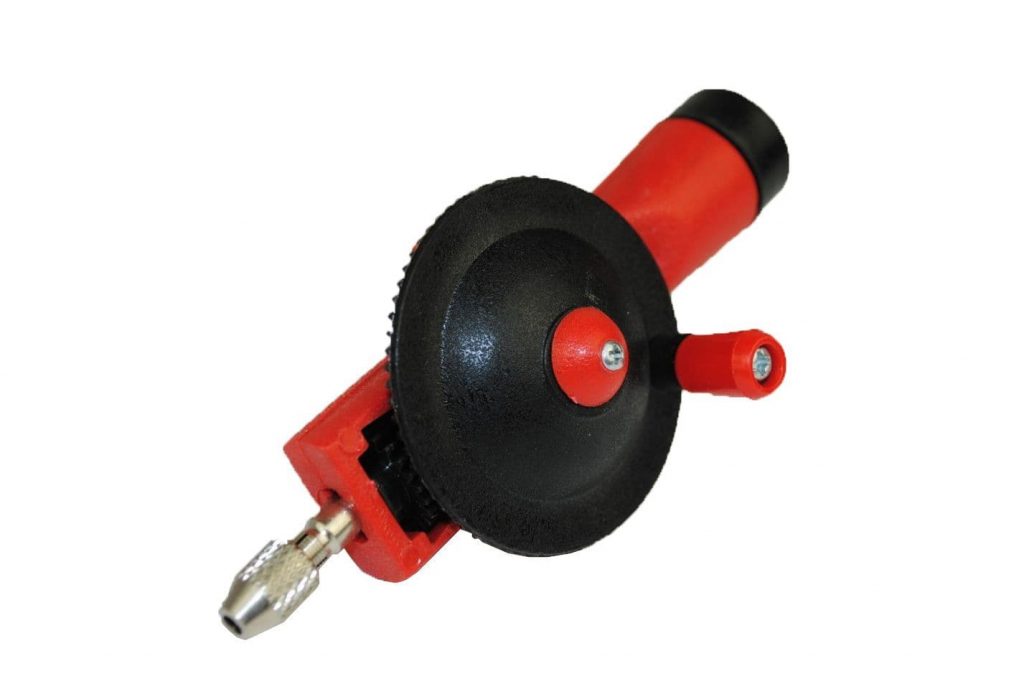Hammer Drill vs. Hand Drill: Unveiling the Key Differences and Choosing the Right Tool for the Job

When it comes to drilling, having the right tool for the job can make all the difference. Two popular options in the market are the hammer drill and the hand drill. While both serve the purpose of drilling holes, they have distinct features and applications that set them apart. In this article, we will delve into the key differences between a hammer drill and a hand drill, helping you make an informed decision based on your specific needs.
- Functionality:
The primary difference between a hammer drill and a hand drill lies in their functionality. A hand drill operates by rotating the drill bit, allowing you to create holes in various materials. On the other hand, a hammer drill not only rotates the drill bit but also delivers a rapid hammering action. This hammering motion enables the hammer drill to effortlessly drill through tough materials like concrete, masonry, and stone. - Power and Torque:
Hammer drills are known for their superior power and torque compared to hand drills. The hammering mechanism in a hammer drill generates a significant amount of force, making it ideal for heavy-duty drilling tasks. Hand drills, while less powerful, are more suitable for lighter drilling applications and tasks that require precision. - Versatility:
When it comes to versatility, hand drills have the upper hand. They are compact, lightweight, and easy to maneuver, making them suitable for a wide range of drilling tasks. Hand drills are commonly used for woodworking, metalworking, and general household repairs. On the other hand, hammer drills are specifically designed for drilling into hard materials and are commonly used in construction, renovation, and masonry projects. - Features and Accessories:
Hammer drills often come with additional features and accessories to enhance their functionality. Some models offer adjustable speed settings, allowing you to control the drilling speed based on the material being drilled. They may also include a depth stop, which helps regulate the depth of the hole. Hand drills, while simpler in design, may offer features such as variable speed control and a keyless chuck for easy bit changes. - Noise and Vibration:
Due to their hammering action, hammer drills tend to produce more noise and vibration compared to hand drills. This is an important factor to consider, especially if you are working in a noise-sensitive environment or for extended periods. Hand drills, being less powerful, generally produce less noise and vibration, making them a more suitable choice for delicate tasks or when working in confined spaces.
Conclusion:
In summary, the choice between a hammer drill and a hand drill depends on the nature of your drilling tasks. If you frequently work with hard materials like concrete or masonry, a hammer drill's power and hammering action will be invaluable. However, if you require a versatile tool for a variety of drilling applications, a hand drill's compactness and maneuverability make it the preferred choice. Consider the specific features, power, and noise levels of each tool before making your decision. Remember, having the right tool in your arsenal will ensure efficient and precise drilling results.